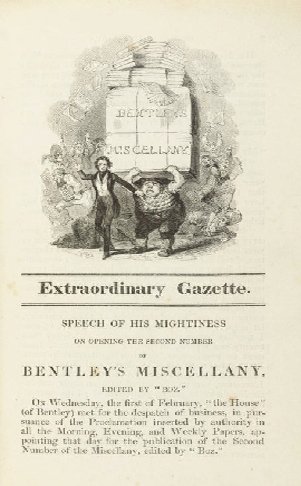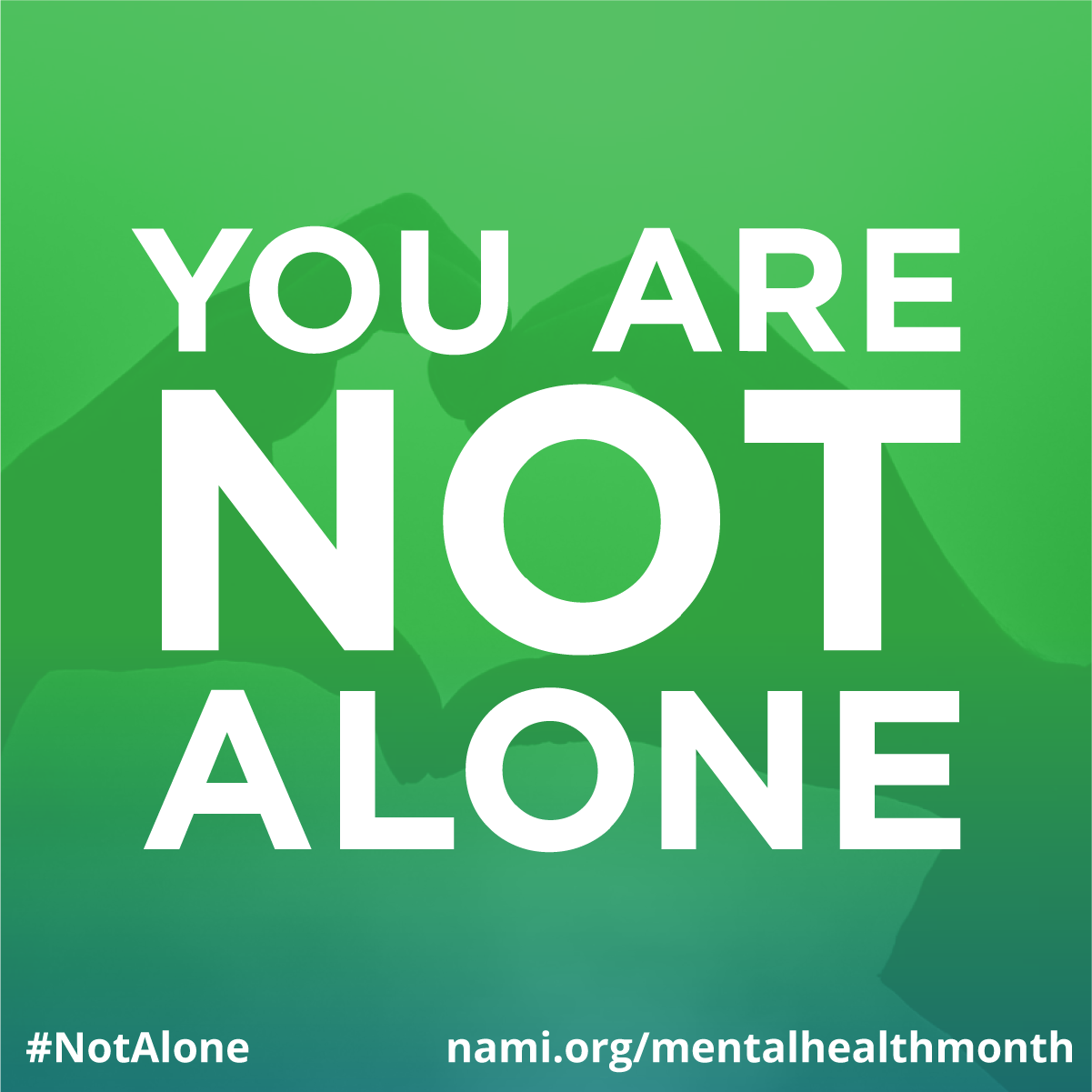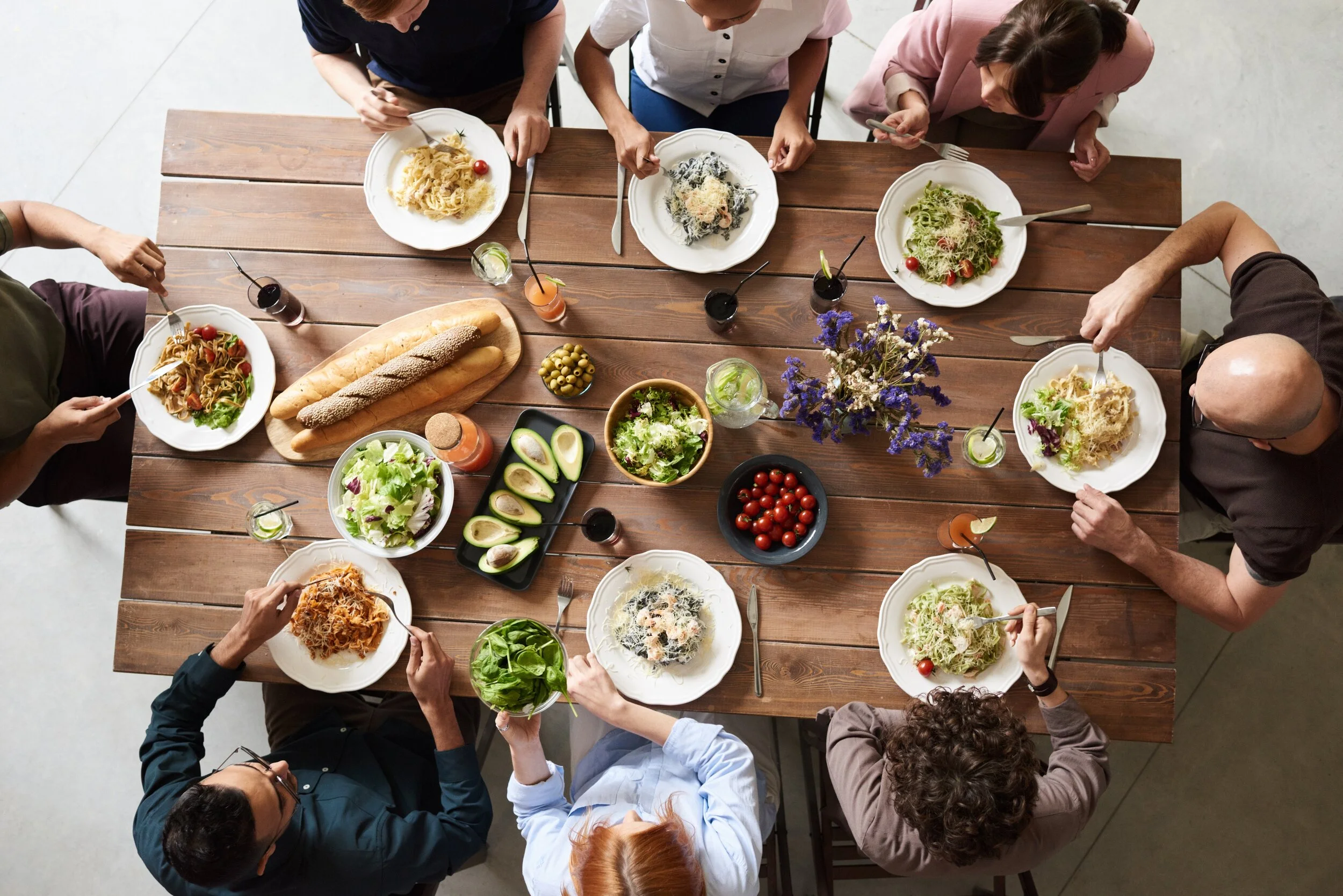This Is Christmas
Recently we watched This Is Christmas (2022). I was pleasantly surprised that I liked it and found it entertaining. Of course, being a Christmas movie there is a little cheesy-ness in it (I must admit that the promo picture does look a little Hallmark-ish), but it did have a good message. It tells the story of rail commuters to London. They have commuted on this train together for years, yet they do not know each other. One of the passengers decides to invite all to a Christmas party. Once the invitation is offered, all sorts of mishaps, misunderstandings and slight mayhem ensue.
As the main character says, “ A stranger is a friend you haven’t met before.” He wonders why, after all the time spent together on the train commuting, the passengers have never engaged with one another. Another character admonishes him, “Never. Engage on the commute.” That is such a true mantra from anyone who has ever travelled using any type of mass transit- one does not engage on subways, busses, or even elevators. Certainly there are the news stories of incidences, some life threatening even fatal, on subways. I have been on metro cars where some of the passengers have been fractious. It was a little scary. Again, in my mind I was thinking, “Don’t engage. Don’t make eye contact.” So I understand the unwritten rule.
Yet I cannot help but wonder what it would be like if people did engage- even ever so slightly- with those with whom they see every day? If people were engaged, would there be more camaraderie and more looking out for others? Would those who are fractious not even try to act up, knowing that the passengers were a cohesive entity?
Many years ago, my husband rode the local bus to work. It was the same bus, at the same time with the same people each day. Some of them did engage with one another. It made the trip much more pleasant. It created a feeling of community and belonging and of safety. One time when there was a substitute bus driver, it was the passengers who helped her in navigating the route. They made sure that everyone who took the bus was picked up and dropped off at the right stops.
Sadly, this feeling of disengagement seems to be the way that we like to live our lives. Do we really want to know the grocer? Should our doctor, lawyer or accountant be a friend? Or even an acquaintance? What about the butcher, baker and candle stick maker? Of course in the old days, everyone knew who did what in the village and town. In some ways that might’ve been better and in others, it could’ve been disastrous.
Privacy is a tricky thing. Some people are busybodies and gossips. We probably all know of a Mrs. Kravitz on our street and neighborhood- the busybody neighbor from the 1960s show Bewitched. No one wants to be a Mrs. Kravitz nor do we want to have one come around our home.
Once again, everything in life is about balance. Knowing one’s neighbors but not living in each other’s pockets.
What about you? Do you know your neighbors? Do you see strangers as friends you haven’t met yet or as foes to avoid at all costs? Do you engage with people around you? When you are in line at the store? Waiting for an elevator? On the train? Plane? Waiting with strangers during this Christmas time?
Not surprising that there are studies to suggest that engaging with strangers- talking, sharing a moment- is good for our mental health. It stimulates our “feel good” hormones- endorphins. Initially people believed that keeping to one’s self is better, but it turned out that those who engaged with strangers on a commute actually felt better than those who do not.*
I do think if you are open to engaging with another person, you are more likely to be sensitive to know if the other person wants to engage. Especially if you engage another person with the attitude that the other person might have something you need to know. It has been said, “Everyone you will ever meet knows something you don’t.” What can you learn this season?
Interesting articles: https://pmc.ncbi.nlm.nih.gov/articles/PMC9407669/ *https://psycnet.apa.org/record/2014-28833-001
















